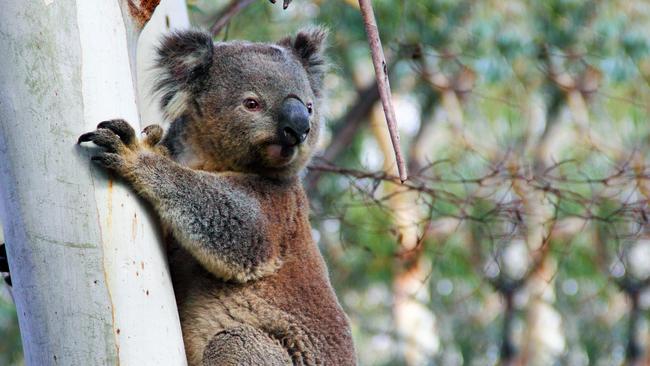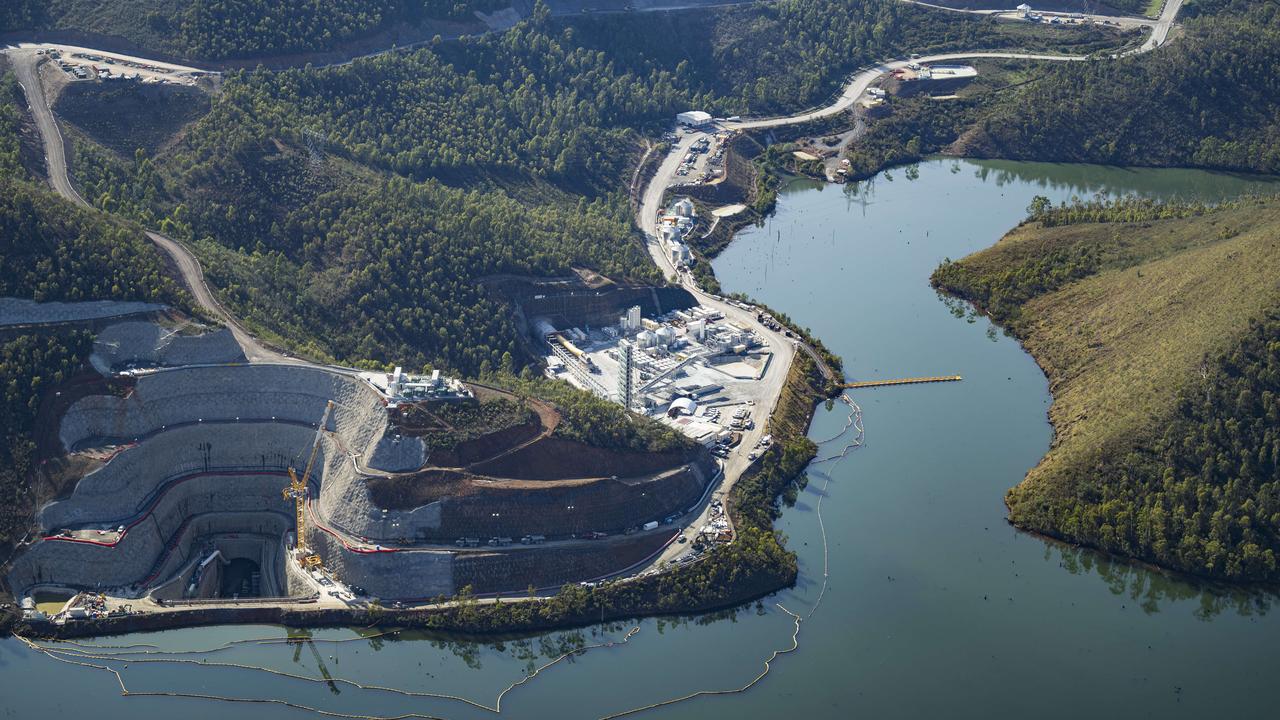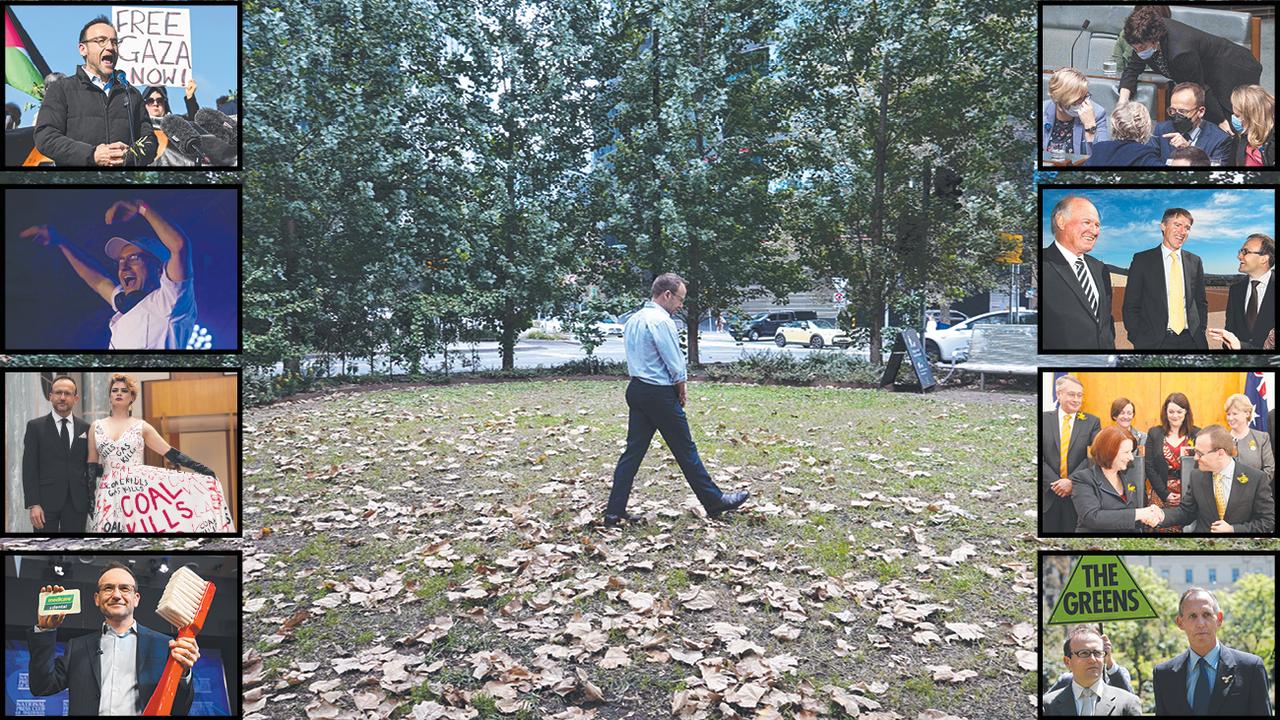‘Carbon colonialism’: furore over NSW government’s emissions proposal
The NSW forestry products association says the Labor government’s proposed new method of greenhouse gas emissions reduction will actually result in higher global emissions.

The NSW forestry products association has accused the state Labor government of “carbon colonialism”, saying its new method of greenhouse gas emissions reduction proposed to the federal government would actually result in higher global emissions.
At the centre of the controversy is a submission made by the NSW National Parks and Wildlife Service to the federal government suggesting a new way to generate carbon credit units under the federal emissions reductions scheme.
NSW Climate Change and Environment Minister Penny Sharpe’s office confirmed the department had submitted a proposal to the federal government about an “Improved Native Forest Harvesting Method”.
Australian Forest Products Association NSW chief executive James Jooste accused the Minns government of having “blindsided the industry” and said the proposal was out of step with the government’s stated “commitment to a long-term sustainable native forestry sector … It appears that the government is being influenced by green activists pushing an agenda to end a sustainable timber industry.
“This is not a policy that the people of NSW voted for in the last election. The government’s public commitment to support the native timber industry in NSW is incompatible with this current action.”
Mr Jooste said the method was flawed for two reasons. First, he said, the method lacked “additionality” – that is, it would not actually achieve less greenhouse gas emissions because the NSW government had already pledged to reduce state forests by committing to a Great Koala National Park.
That project envisions up to 176,000ha of state forests on the mid-north coast to be assessed to be declared as national park estate.
Second, he said, the proposal would result in “leakage” – that is, by incentivising the cessation of state forest logging, it would shift logging demand overseas, nullifying the emissions benefits and perhaps contributing to the problem by shifting operations to jurisdictions with less scrupulous environmental rules and regulations.
“Creating a carbon accounting method to end native forestry in NSW resulting in increased hardwood imports from overseas neighbours is carbon colonialism at its worst, leading to higher global emissions,” Mr Jooste said.
“By outsourcing timber production, we are directly increasing emissions through unsustainable harvesting and long-distance transport.”
When contacted for comment, Ms Sharpe’s office said following the NSW government’s submission under the federal scheme, it would now go through a “comprehensive assessment process by the federal government”.
“An INFM [Improved Native Forest Harvesting Method] can be approved only after consultation, technical assessments and if it meets the statutory integrity standards,” a statement from the office read.
“In particular, it must generate real, additional and permanent greenhouse gas abatement.
“These issues will be investigated through the assessment of the method.”






